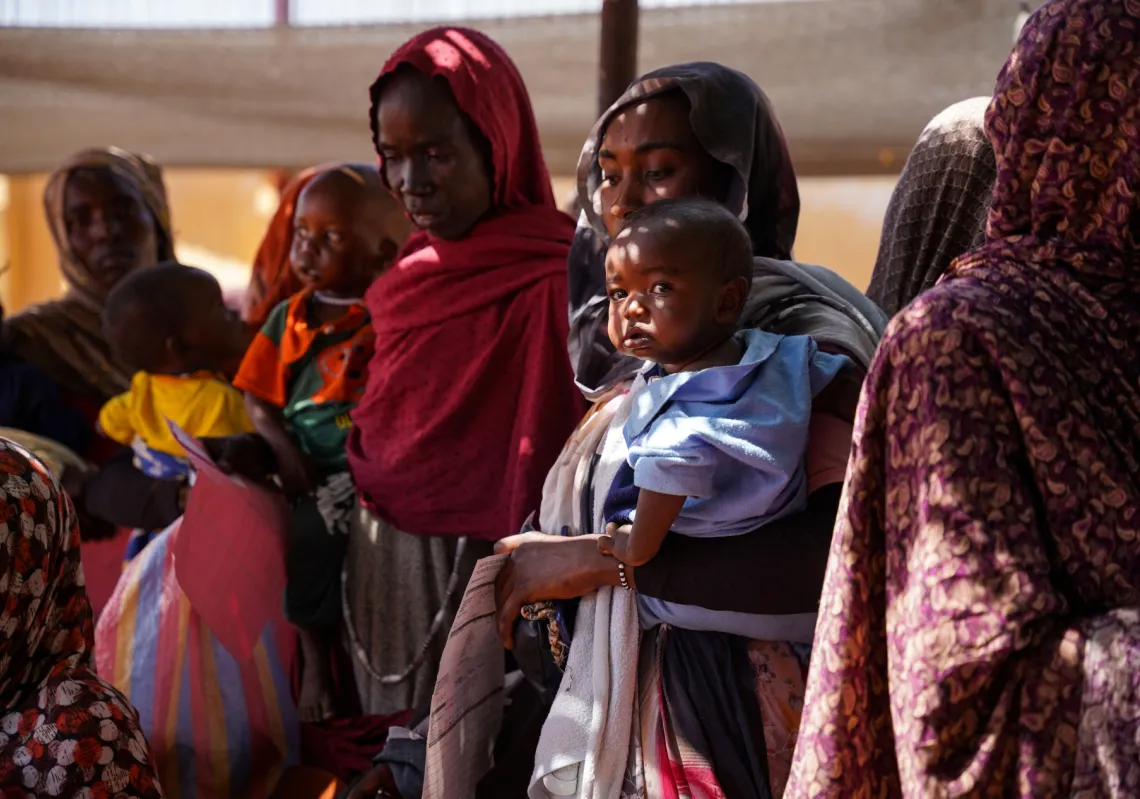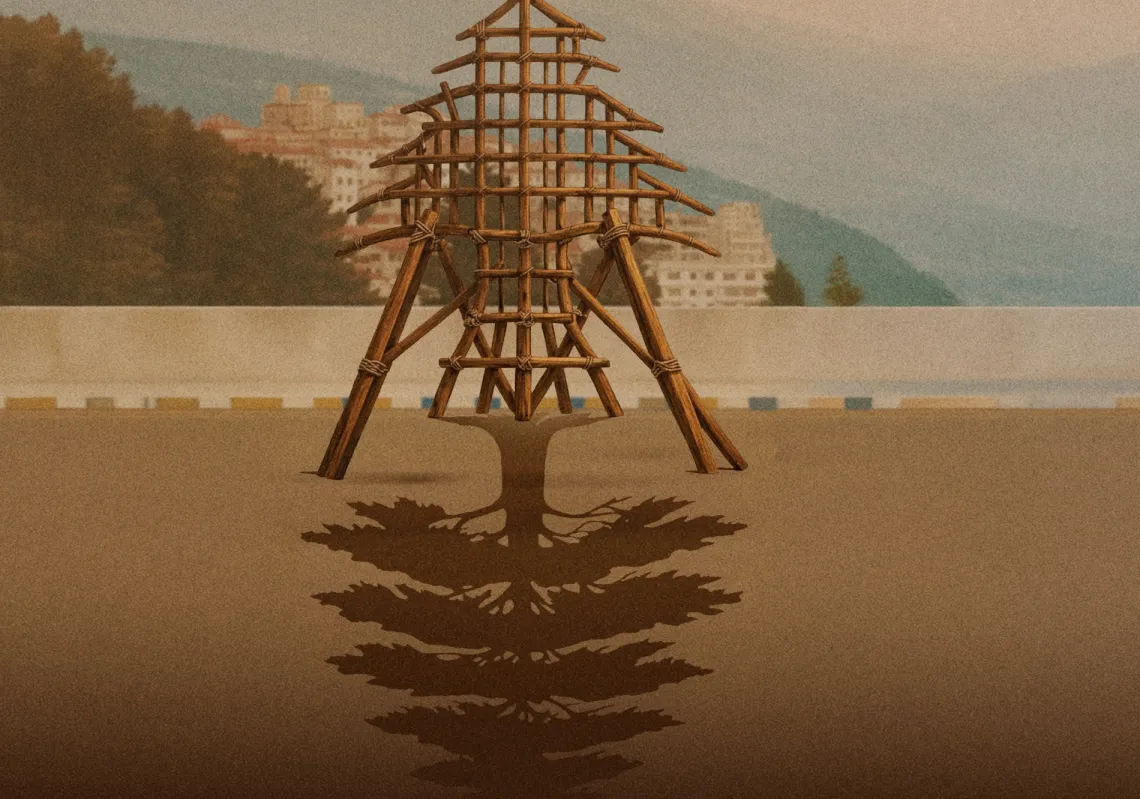During his first year in office, Barack Obama’s Iran policy has focused on limiting Tehran’s expanding nuclear energy program, which is providing the country with the potential to manufacture nuclear weapons. US representatives sought simultaneously to secure a negotiated settlement with Iran while also making the case with other governments that additional sanctions might be needed should Tehran persist in enriching uranium and in pursuing other activities banned by the UN Security Council.
The high point of these diplomatic engagement efforts occurred in October, when representatives from the United States and Iran, along with other countries, met in Geneva and Vienna to negotiate a deal that would exchange some of Iran’s current stocks of low-enriched uranium (LEU) for higher-enriched fuel cells required by Tehran’s medical research reactor. The Obama administration described the proposal as a confidence-building measure that would delay Iran’s ability to make a nuclear weapon from its LEU stocks by at least several months.
Although negotiations persist, the parties have proven unable to agree where, when, and how the transaction should occur. Despite months of stalemate, Chinese and Russian representatives have endorsed continuing the talks. Neither Beijing nor Moscow have committed to imposing additional sanctions on Iran for its nuclear activities.
The Obama administration has also sought to engage the Iranian government on other issues, including regional security concerns such as the wars in Iraq and Afghanistan. Unlike the Bush administration, the Obama White House has not accused the Iranian government of assisting the anti-American insurgencies in neighboring countries, including Yemen, or highlighted Tehran’s links with terrorist movements seeking to attack the United States, Israel, or other countries. Obama has also dropped the rhetoric of regime change.
These engagement efforts also failed to make much progress. Despite an exchange of several letters with Ahmadinejad and Khamenei, Obama has failed to establish an enduring dialogue with Iranian leaders. Senior US and Iranian diplomats met at various international conferences and discussed Tehran’s nuclear file, Afghanistan, and other issues, but with no evident bridging of their often sharply differing positions. Iranian representatives denounce Washington’s support for Israel, escalating war in Afghanistan, and military presence in Iraq and the Persian Gulf. They characterize Obama as simply continuing Bush’s policies, though with softer rhetoric.
The bitter disputes over Tehran’s nuclear program have poisoned the atmosphere of these exchanges, but the main problem was something entirely unexpected when Obama became president in January 2009: the emergence of a powerful mass movement in Iran seeking to change the regime’s policies and, increasingly, its form of government.
US policy makers had hoped that Ahmadinejad would not win reelection in June since they considered him a uniquely unpromising negotiating partner, but they anticipated his probable victory given his perceived support among key Iranian constituencies such as the Revolutionary Guards and the rural poor. Few had expected the mass protests that ensued from the perception of many Iranians that their votes were stolen in the 12 June presidential election. The persistent divisions within the ruling elite have also been unprecedented.
Whatever he might privately wish to occur in Tehran, Obama has been careful to shun the rhetoric of regime change. Nonetheless, partly to counter criticisms that he has offered insufficient public support for the protesters, Obama has adopted an increasingly critical tone when commenting on Iranian domestic politics, most recently in his post-Christmas news conference on terrorist threats. In response, Ahmadinejad, Khamenei, and other Iranian officials have accused the United States and its allies of fomenting domestic disorders in their country.
The continuing political unrest in Iran complicates reconciliation efforts between Washington and Tehran. An unfortunate dynamic has arisen in which, when Iranian negotiators accept a compromise on their nuclear policies or other activities, reformers as well as nationalists attack the government for selling out Iran’s interests. Although Iran is clearly not a Western-style liberal democracy, its system of competing power centers has made it difficult to reach a consensus even before the recent domestic disorders complicated the process.
Obama’s harsh denunciations of the Iranian regime following the late December protests likely portend a harder line from the White House in the coming year. That said, little enthusiasm exists for undertaking military action against Iran when the US armed forces are trying to reverse serious setbacks in Afghanistan while sustaining a precarious withdrawal from Iraq.
Most likely, the administration will seek another round of international sanctions on Iran. The effort will enjoy the support of many US political leaders but only some foreign governments. More seriously, it will likely fail to affect the increasingly inwardly focused Iranian policy elite, who are preoccupied with perhaps the most severe political instability in the Islamic Republic’s thirty-year history.
Richard Weitz, Ph.D . - Senior Fellow and Director, Center for Political-Military Analysis at the Hudson Institute- Washington DC.







